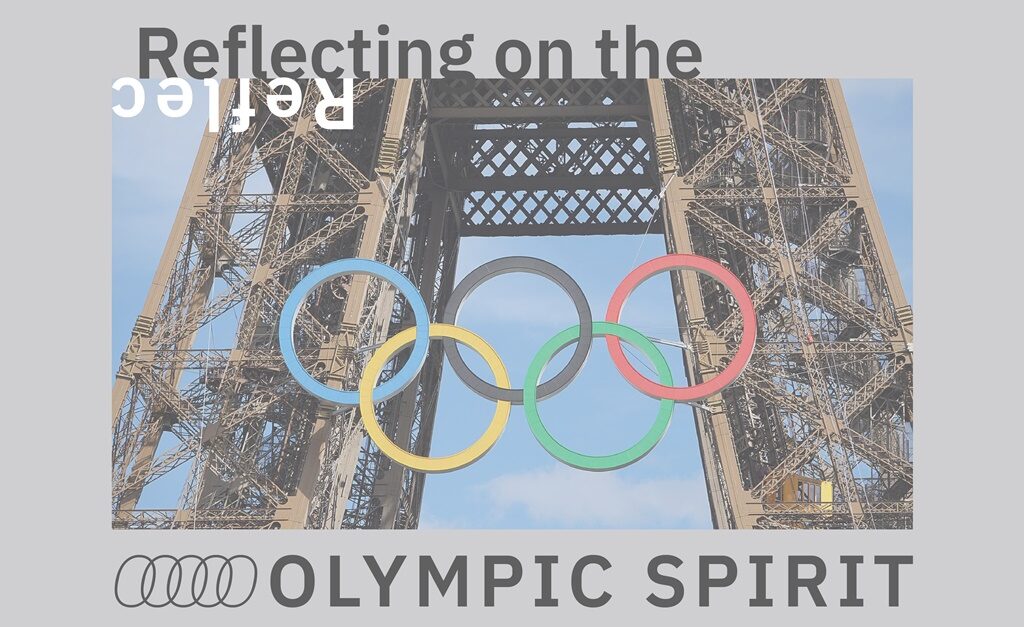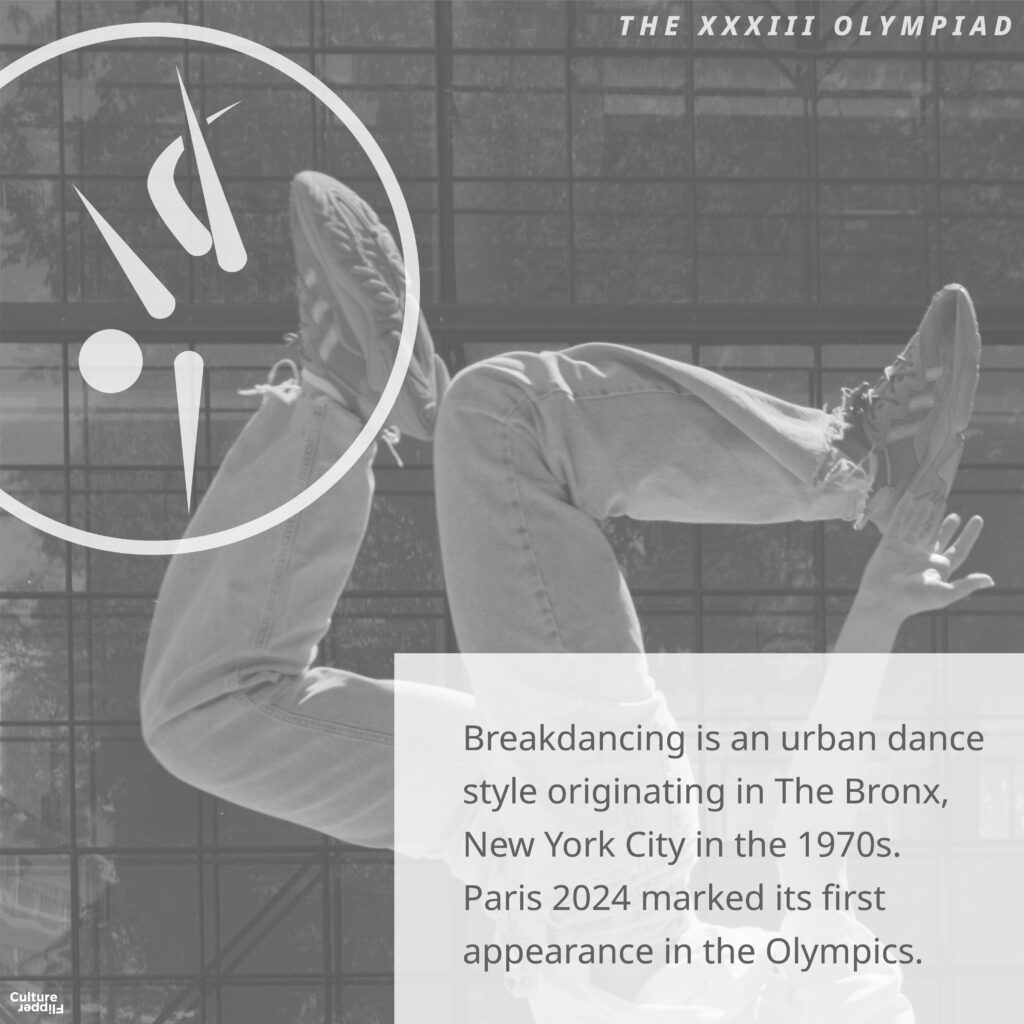
The summer of 2024 was dominated by the current edition of the Olympic Games, held in Paris from July 25 to August 11. The Paralympic Games, in turn, happened from August 28 to September 8. More than 10,000 athletes participated in the Games, plus coaches, team officials, and supporting staff. Additionally, the Paralympic Games were attended by more than 4,000 athletes, along with their respective addendums.
Why aren’t these events held simultaneously? It sometimes seems that the Paralympics are relegated to second-best after the Olympics, and they do not command the same viewership. The answer to this can be found in the principle of independence from one another. In 2001, both organizing committees signed an agreement to this end as a way to keep the Paralympic Games as a unique time to celebrate its athletes. Aside from that, imagine the enormous logistical challenges that this would entail.
The introduction of new sports like breakdancing, kayak cross, and kiteboarding to the Olympic Games represents a significant shift toward modernizing the events and broadening the array of athletic disciplines. These additions reflect a desire to engage younger audiences and diversify the types of physical activities celebrated on the global stage.
Breakdancing, for example, highlights the artistic aspect and cultural influence on sports, blending performance with competition in a way that’s appealing to urban, globalized audiences. Meanwhile, kayak cross and kiteboarding showcase extreme sport and adventure elements that align with the growing popularity of outdoor- and adrenaline-focused activities.

The success of debut sports can be measured by how well they resonate with fans and athletes. Early feedback from audiences suggests a positive reception, even with a controversial breakdancing performance in tow. However, the long-term success will depend on continued integration, accessibility for athletes worldwide, and ensuring these sports maintain their competitive edge.
Paris 2024 became the first Olympics to achieve full gender parity, with an equal number of male and female athletes participating (5,250 each). This milestone reflects years of the IOC’s efforts to balance gender representation, especially after progress made at Tokyo 2020. To mention more numbers, 28 of the 32 sports at the Games achieved gender equality, and the schedule was designed to give equal primetime visibility to both men and women.
For the first time, men were allowed to compete in artistic swimming at the 2024 Paris Games, breaking long-standing gender boundaries in a female-dominated sport. This decision highlights the Olympics’ movement towards greater parity across all disciplines. However, there weren’t any males selected to compete by any of the 10 teams that participated this year. Decades of a strong gender division and the sport’s association with femininity make change difficult. This latter reason presents a problem in itself, but discussion about it merits another longer piece.
The 2024 Paris Olympic Games placed a significant emphasis on accessibility for people with disabilities, ensuring that all venues were fully accessible to accommodate an estimated 350,000 differently-abled visitors. This commitment extended to public transport with improvements made across the city to enhance mobility, and venues were equipped with accessible seating, clear signage and facilities that cater to various disabilities. These efforts were crucial in creating an inclusive environment not just for spectators, but also for the athletes and staff. We hope that the accessibility measures at Paris 2024 serve as a model for future global larger scale events.
A feature that was carried over from Rio 2016 and Tokyo 2020 was the Refugee Olympic Team. The team is made up of individuals registered as refugees in a host country different from their own. Instead of using a national flag or national anthem, they use the Olympic flag and hymn. This continues the past efforts to encourage sports as a symbol of hope for refugees all over the world and to support the careers of refugee athletes and help them build a better future. A kind gesture, although insufficient to attenuate the ongoing refugee crisis affecting the world right now. Perhaps the IOC could find a way to take a stronger stance in public discourse. There were mentions of not wanting to politicize the Games, but then again, where do you draw the line?
The introduction of Pride House at the Olympics was a historic milestone for LGBT+ inclusion, providing a safe and supportive environment for athletes, spectators, and allies to foster community during the Games. This reflected the growing commitment to diversity at the highest levels of global sports. Although these inclusive policies deserve attention, unfortunately they were shadowed by the controversy surrounding Algerian gold medalist Imane Khelif. Despite enduring racist and prejudiced criticisms, Khelif’s victory represented a triumph not only for her athletic prowess but also against discrimination faced by women from the Global South. Ironically, transphobic rhetoric targeting Khelif revealed the broader ignorance of those who attacked her based on her appearance. This situation underscores a critical point: transphobia doesn’t just harm trans people, but also cisgender individuals who don’t conform to narrow expectations. The legal and social implications of this debate highlight the urgent need for greater education and acceptance in the world of sports and beyond.
Paris 2024 hosted several transgender athletes as well. U.S. middle-distance runner Nikki Hiltz and Canadian football player Quinn identify as non-binary. Boxer Hergie Bacyadan is a transgender man from the Philippines who was allowed to compete in the female category; he bypassed the IOC’s rules by undergoing hormone replacement therapy (HRT). At the Paralympics, Italian sprinter Valentina Petrillo became the first trans athlete to compete. However, this leaves the question of how the IOC will fully integrate transgender athletes in the future. If inclusion is the goal, then there should be no sidelining, with or without HRT.
